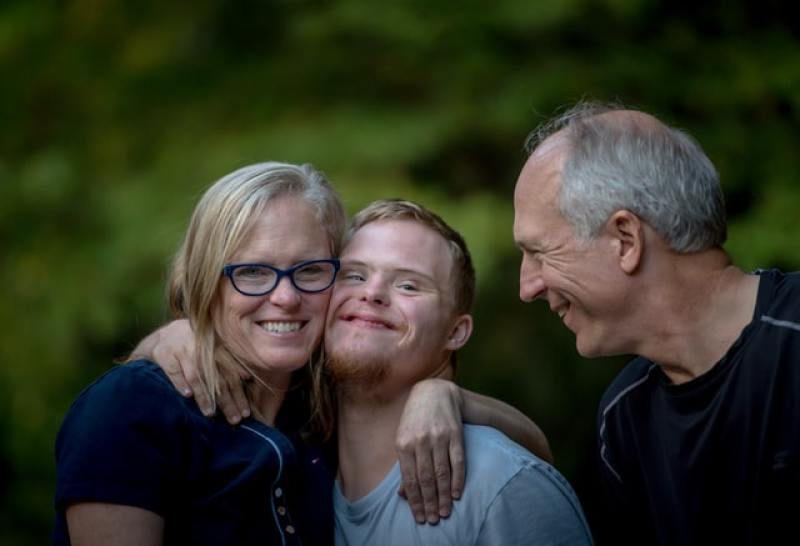
As the Congress Democratic Party continuously rejects a bill banning tax-funded abortions, North Carolina Democrat Governor Roy Cooper reportedly blocked a bill banning abortions on babies with Down Syndrome.
Life News said discrimination on the basis of a baby possibly having Down Syndrome and on the basis of race is shown in the action of Cooper who refused a bill on it, which is entitled "Human Life Non-Discrimination Act/No Eugenics."
Cooper explained that he vetoed the bill due to the matter of abortion as being a decision "between a woman and her doctor." The governor termed it as "unconstitutional."
"This bill gives the government control over what happens and what is said in the exam room between a woman and her doctor at a time she faces one of the most difficult decisions of her life. This bill is unconstitutional and it damages the doctor-patient relationship with an unprecedented government intrusion," Cooper said in his website on Friday.
The "Human Life Non-Discrimination Act/No Eugenics" or House Bill 453 was the only bill the governor vetoed among those lined up for his signature last June 25. Along with the said bill were four other bills that were forwarded to him for approval by the North Carolina General Assembly.
Life News highlighted that Cooper has been known to veto several other pro-life bills being a pro-abortion Democrat. One of the bills Cooper refused to sign since he became a governor was a bill back in 2019 that protected babies who survived an infanticide.
Supporters of the governor, such as Planned Parenthood South Atlantic spokeswoman Susanna Birdsong, echoed the pro-abortion governor, claiming that the bill meant to protect the lives of unborn babies with Down Syndrome is really "harmful" because the decision to abort these babies is something "between a patient and their medical provider."
"The state should never interfere with the relationship between a patient and their medical provider or force a person to carry a pregnancy to term against their will. The governor was right to reject this harmful bill, and we urge state lawmakers to uphold his veto," WRAL quoted Birdsong from a statement.
While American Civil Liberties Union Policy Analyst Liz Barber pointed out that legislators should instead focus on ending "discrimination against marginalized groups" instead on curtailing the freedom of North Carolinians' "reproductive choices," or simply their choice to abort the unborn.
"We have a lot of work to do to end discrimination against marginalized groups, but unconstitutionally limiting access to medical care based on the government's moral judgment does not contribute in any way to those efforts. Each and every North Carolinian should have the freedom to practice discretion in their reproductive choices. Today, Governor Cooper worked to protect that freedom," Barber stressed.
House Bill 453 was filed in March by its primary sponsor Representative Dean Arp in the hope of protecting human life against discrimination "on the basis of race, sex, or genetic abnormality" that, though protected by federal and state laws, do not extend to unborn human beings who "are often discriminated against and deprived of life."
"Each of the immutable characteristics protected by this Session Law can be known relatively early in a pregnancy, and this Session Law prevents them from becoming the sole criterion for deciding whether the child will live or die," the bill's literature stressed.
The bill then, it stated, represents the state's "compelling interest in preventing abortion from becoming a tool of modern-day eugenics" that the unborn are prone to experience since those with Down Syndrome who are perceived as "handicapped" or "disabled" in the United States "are routinely aborted." The bill goes against the practice of eugenics.
"A person shall not intentionally or knowingly perform, induce, or attempt to perform or induce an abortion of an unborn child if the abortion is being sought because of the actual or presumed race or sex of the unborn child or because of the presence or presumed presence of Down syndrome," the bill said.























